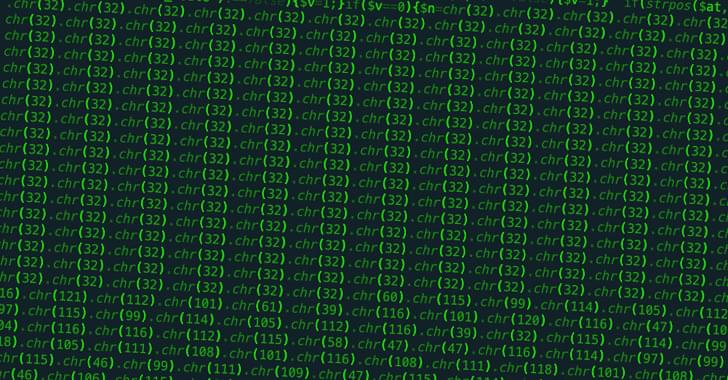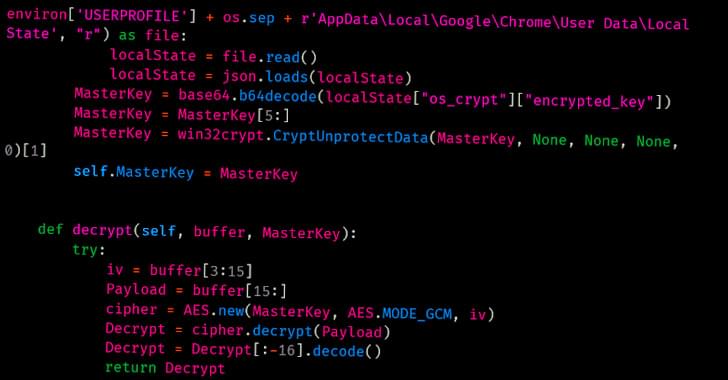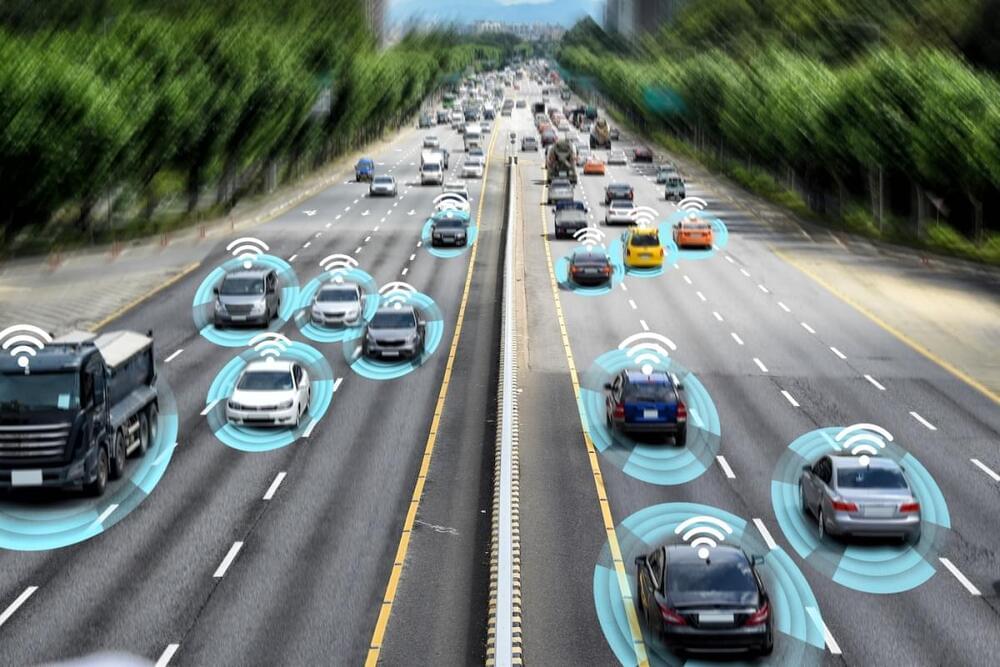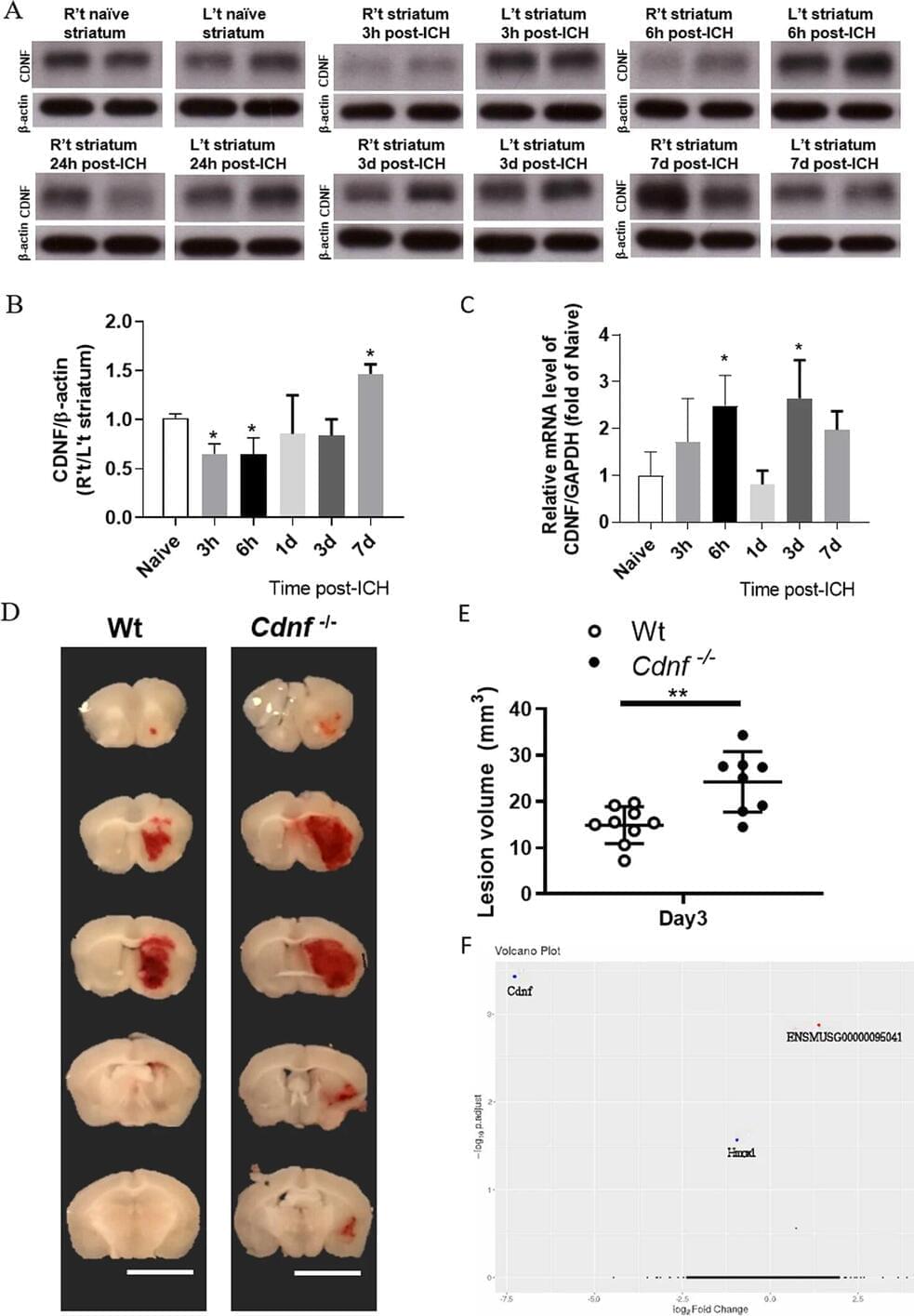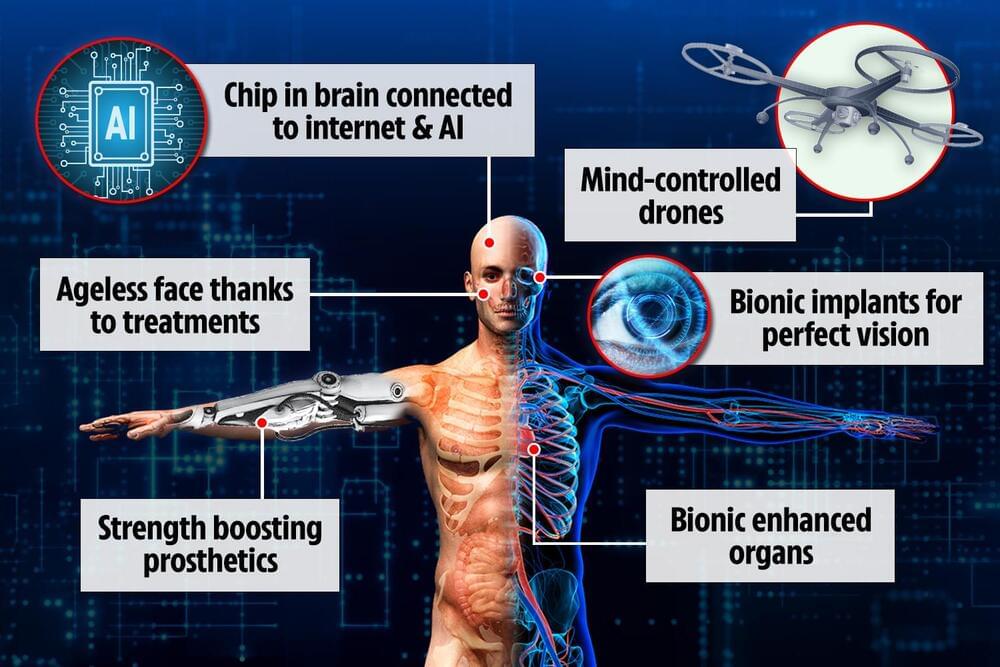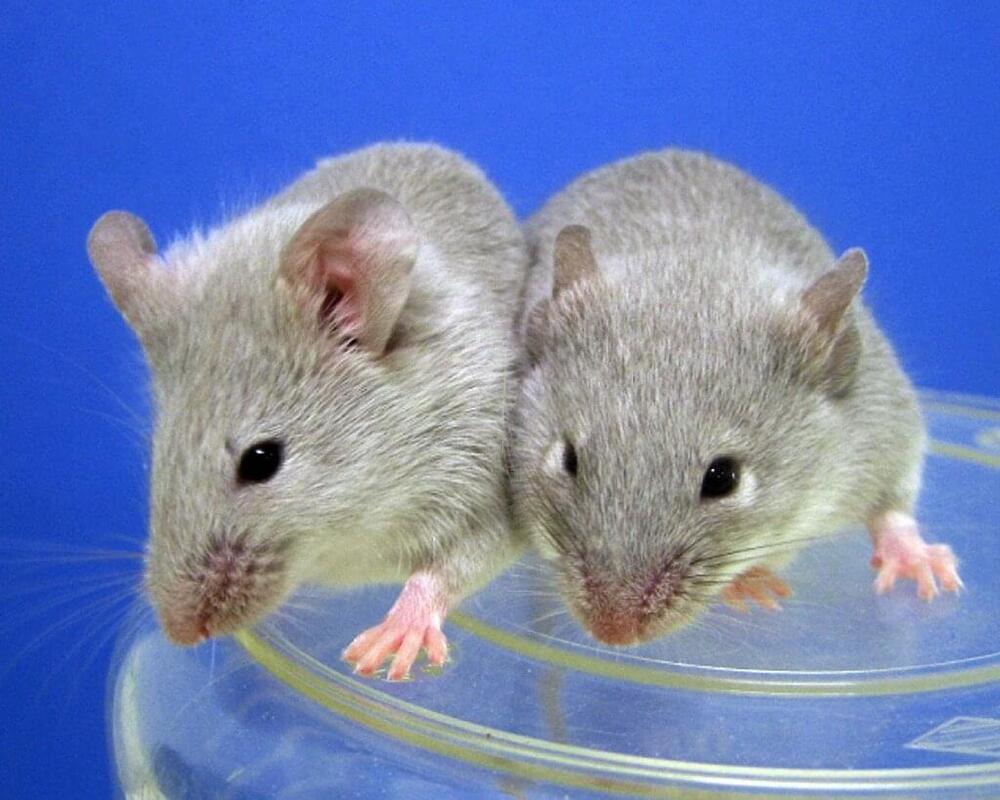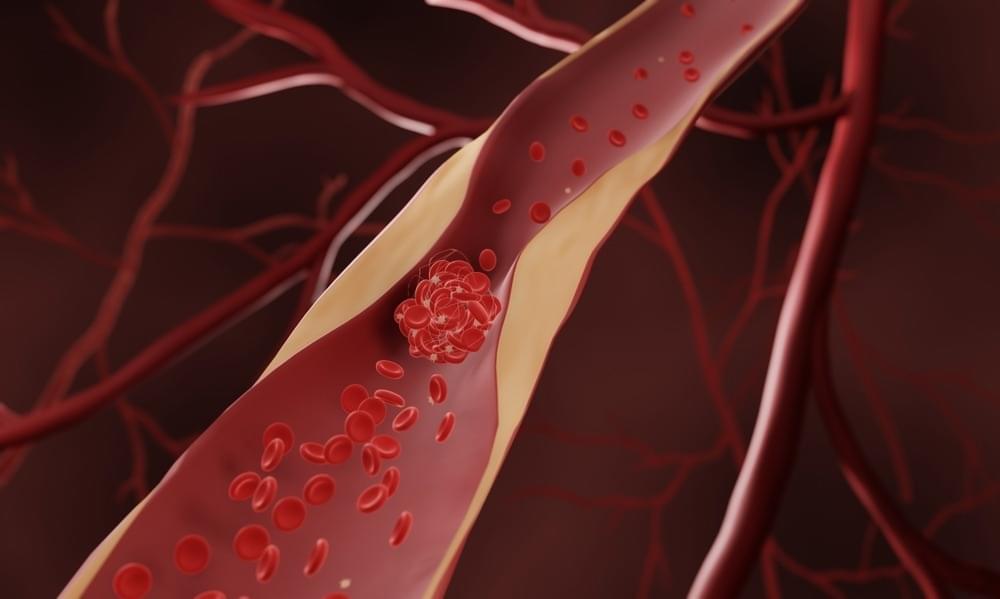Superconducting at 69F!
Advanced superconducting materials at room temperature will bring about a paradigm shift in human technology and help us make great advances in energy, medicine, electronics and space explorations.
The Terran Space Academy walks you through the importance of the latest discovery, the details behind their research, and the space technologies it will immediately impact.
Shop the Academy store at… https://shop.spreadshirt.com/terran-s… help support our channel at… https://www.patreon.com/terranspaceac…
Thank you so much for watching!
Ad Astra Pro Terra.
Artists.
https://twitter.com/C_Bass3d.
Tweets by Neopork85
https://twitter.com/hazegrayart.
https://twitter.com/AlexSvanArt.
https://twitter.com/_fragomatik_
https://twitter.com/nickhenning3d.
https://twitter.com/RGVaerialphotos.
Companies.
